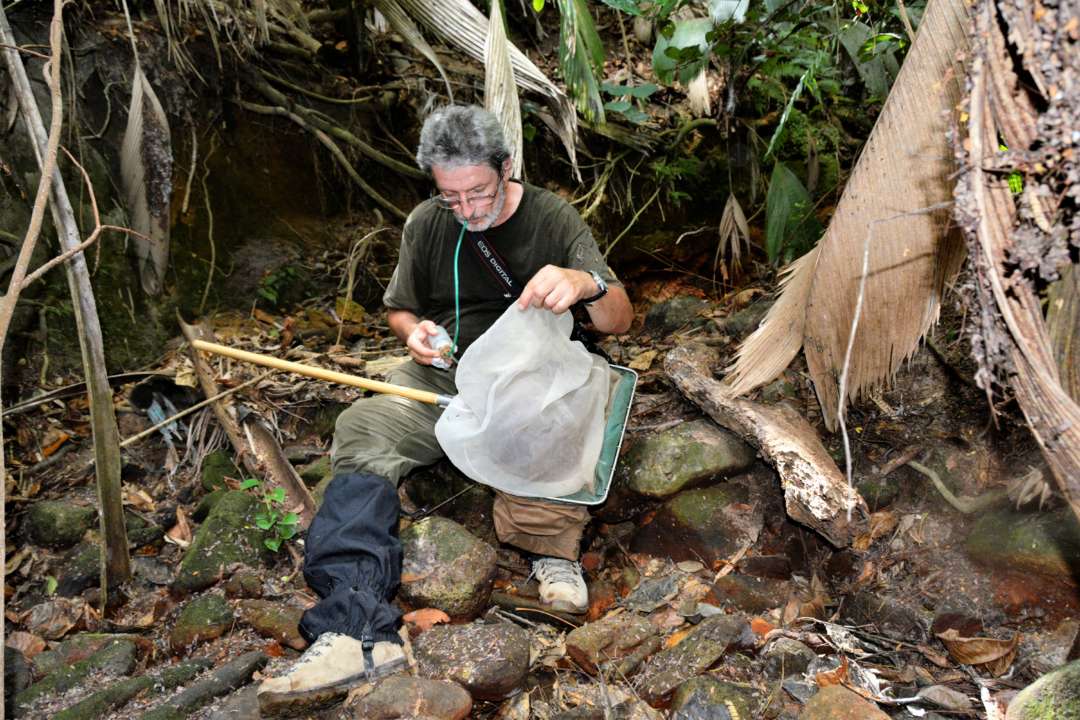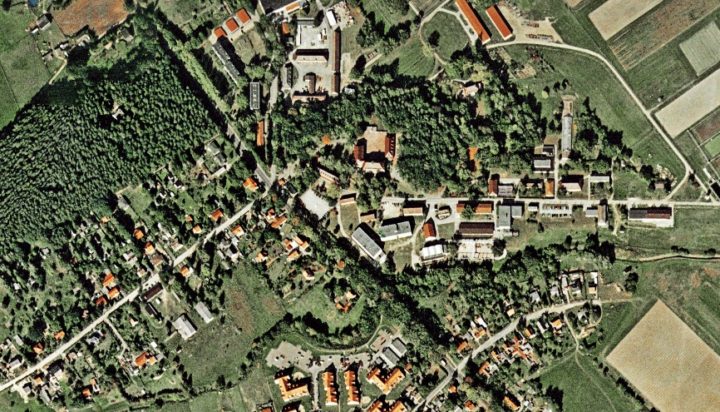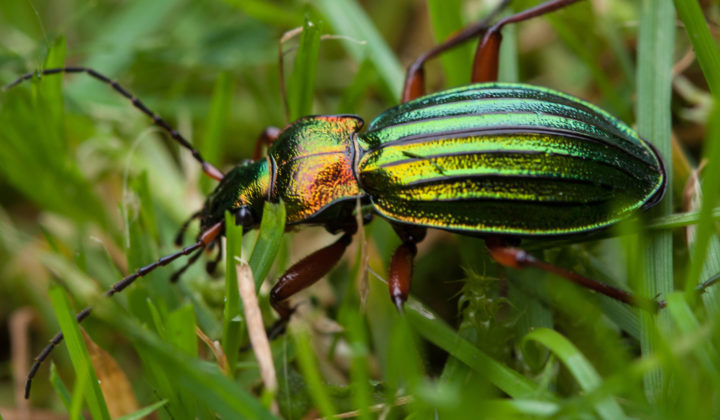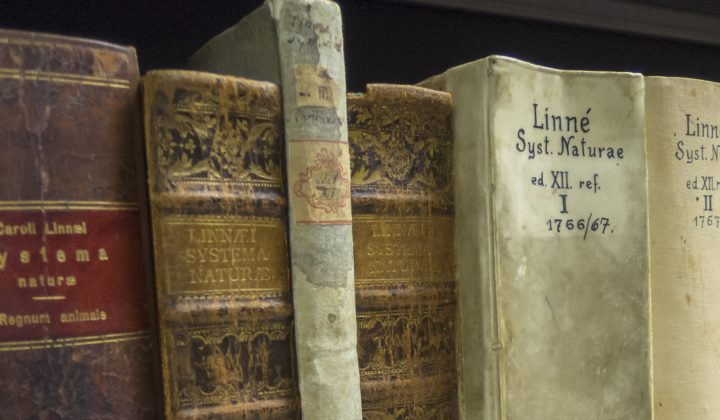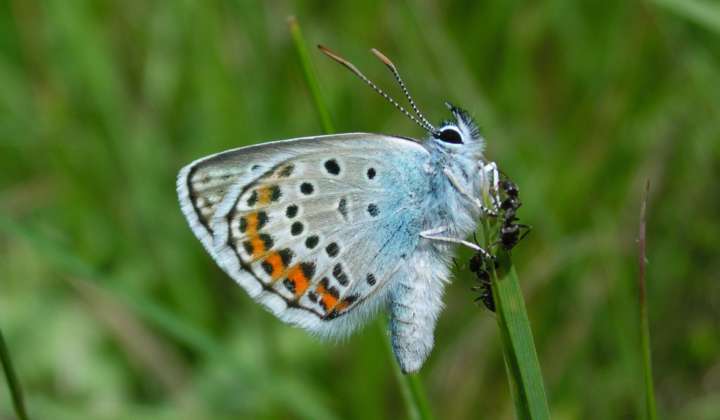Senckenberg Deutsches Entomologisches Institut
Diptera
Section
The use of the biosphere by humans necessitates the study of biodiversity (species diversity). The two-winged flies (Diptera) form one of the 4 really big insect orders and include more than 160 families with more than 155,000 described species. This diversity is represented in the type rich collection of the Senckenberg Deutsches Entomologisches Institut (SDEI).
Due to the high diversity of Diptera and the limited staff capacity research at the SDEI is concentrated on particular sub-groups. The dipterists work on some very species rich families of the Sciaroidea (two-winged flies resembling fungus gnats) of worldwide distribution. Although these perform important roles in natural cycles, on a world scale very few or no other specialists exist. Part of everyday work is accordingly the discovery, description, inventory, classification and reconstruction of the evolutionary history of these flies. In these highly neglected groups of gnats, the specialists constantly find new, still undescribed species, which mature at the SDEI to biological patents. Testimony to this activity are large numbers of new descriptions, revisions and books on identification, faunal inventories (checklists), catalogues and new hypotheses on the evolutionary pathways of the studied groups (publications).
Main areas of activity
The main areas of activity are comparative morphology, taxonomy and systematics, phylogeny, zoogeography and ecology. In short – the scientific field of activity is supported on the three pillars “explore Diptera – impart knowledge – preserve biodiversity”. In addition, the research results form the basis for further work in other disciplines, and may lead to new practical applications.
Following the requirements of the time, soundly based problem-solving requires a high degree of specialisation and a high level of reliable scientific cooperation (association of specialists in research teams across national borders and across different disciplines). Therefore, different projects are run in conjunction with other Senckenberg institutes and the Senckenberg dipterists participate in international networks. This worldwide cooperation is reflected in participation in research involving teams of researchers principally from Germany, Great Britain, Finland, Japan, Cameroon, Kazakhstan, New Zealand, Russia, Sweden, South Africa, South Korea, Togo and the United States.
